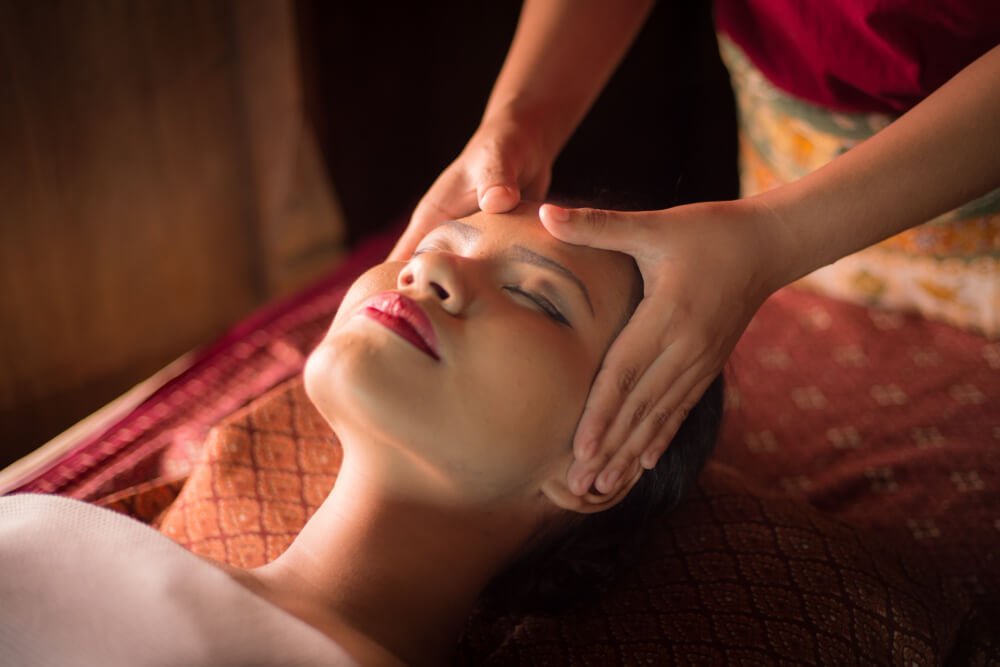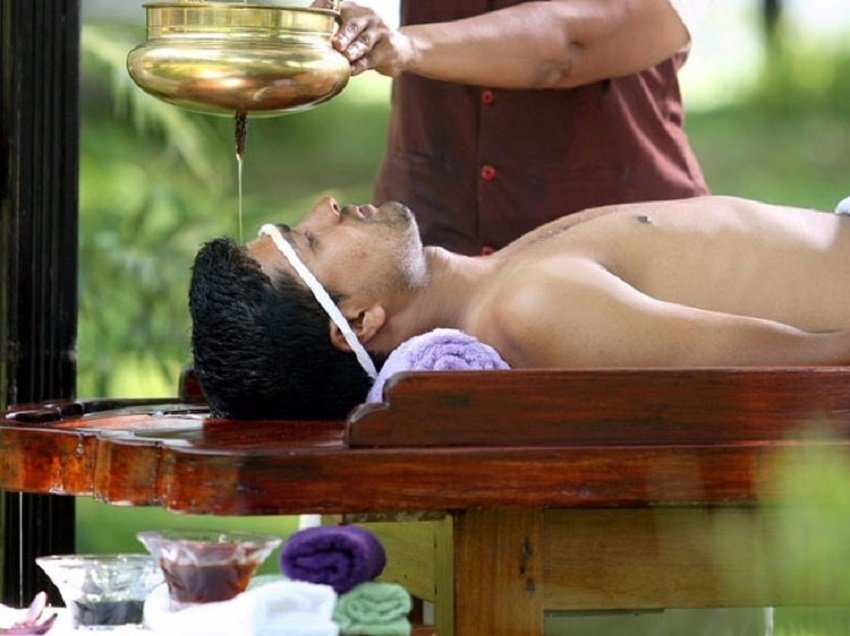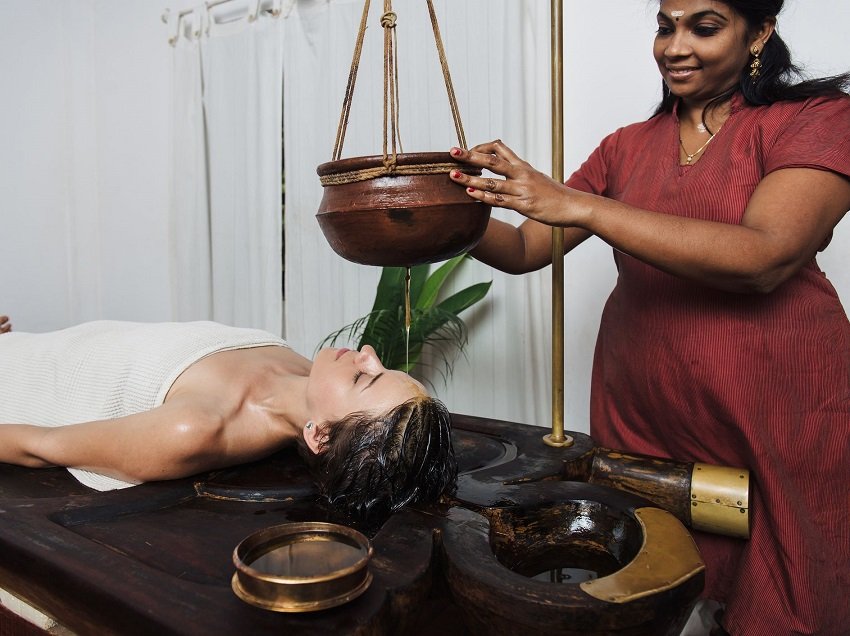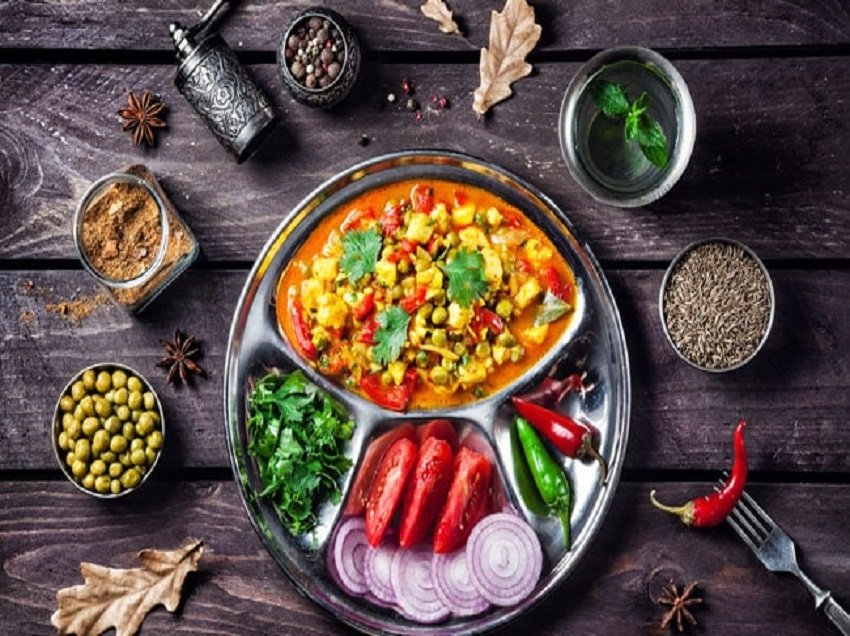
Panchakarma therapy is an ancient Ayurvedic practice that has been used for thousands of years in India to restore balance and harmony to the body, mind, and spirit. The word "panchakarma" is derived from two Sanskrit words: "pancha," meaning five, and "karma," meaning actions or therapies. Panchakarma is a series of five therapeutic treatments designed to detoxify the body, eliminate imbalances, and promote overall health and well-being.
The history of Panchakarma can be traced back to the Vedic era, where it was considered a highly effective method of treating various diseases and illnesses. Over the years, Panchakarma has been refined and developed by Ayurvedic practitioners, who have integrated it into a comprehensive system of healing that encompasses diet, lifestyle, and herbal medicine.
Preparing for Panchakarma therapy is an essential step in ensuring that the treatment is effective and safe.
Here are some things to keep in mind when preparing for Panchakarma therapy:
Panchakarma therapy is a comprehensive Ayurvedic treatment that is designed to promote health and well-being by detoxifying the body, improving digestion, and balancing the doshas.
Here are some of the benefits of Panchakarma therapy:
Removes Toxins: Panchakarma therapy is an effective method for removing toxins and impurities from the body, which can accumulate over time due to poor diet, environmental pollutants, and stress.
Enhances Digestion: Panchakarma therapy improves digestion and eliminates digestive issues such as bloating, gas, and constipation. It also promotes the absorption of nutrients, which is essential for overall health.
Balances Doshas: Panchakarma therapy helps balance the three doshas - Vata, Pitta, and Kapha - by removing excesses and deficiencies. When the doshas are balanced, the body can function optimally, and disease is prevented.
Boosts Immunity: Panchakarma therapy helps to boost the immune system by removing toxins that can weaken the body's natural defenses. This makes the body more resilient to disease and illness
Relieves Stress: Panchakarma therapy promotes relaxation and relieves stress, which is a major contributor to many health problems. By calming the mind and body, Panchakarma therapy helps to reduce anxiety and promote a sense of well-being.
Improves sleep: Panchakarma therapy has a calming effect on the nervous system, which can improve sleep quality and duration. This is especially beneficial for individuals who suffer from insomnia or other sleep disorders.
Promotes weight loss: Panchakarma therapy can help with weight loss by removing toxins that can interfere with metabolism and by promoting healthy eating habits and lifestyle choices.
Panchakarma therapy is a comprehensive Ayurvedic treatment that aims to detoxify and rejuvenate the body, mind, and spirit. The word "panchakarma" means "five actions" in Sanskrit, and it refers to the five main purification therapies that are involved in this treatment.
Here are five actions of Panchakarma therapy:
Vamana: This therapy involves inducing vomiting to eliminate toxins from the body, particularly those located in the upper respiratory and digestive tracts.
Virechana: This therapy involves using natural laxatives to eliminate toxins from the body, particularly those located in the liver, gallbladder, and small intestine.
Basti: This therapy involves using herbal enemas to cleanse the colon and eliminate toxins from the body.
Nasya: This therapy involves the administration of medicated oils or herbal preparations through the nose to eliminate toxins from the head and neck regions.
Raktamokshana: This therapy involves using techniques such as bloodletting or leech therapy to eliminate toxins from the blood.
Panchakarma therapy is typically performed over a period of several days to several weeks, depending on the individual's needs and goals. It is designed to be a holistic treatment that addresses not only physical health but also mental and emotional well-being. The treatment may involve a combination of the five main purification therapies, as well as other Ayurvedic therapies such as massage, steam therapy, and herbal remedies.
Diet and lifestyle play a crucial role in Panchakarma therapy, as they are important factors in the body's ability to detoxify and rejuvenate.
Here are some ways in which diet and lifestyle are incorporated into Panchakarma therapy:
Lifestyle Recommendations: Panchakarma therapy often includes lifestyle recommendations that promote relaxation, stress reduction, and overall well-being. This may include practices such as yoga, meditation, and breathing exercises, as well as recommendations for rest and relaxation.
Pre-Panchakarma Diet: Before starting Panchakarma therapy, individuals are often advised to follow a pre-Panchakarma diet that includes light and easily digestible foods, such as soups, steamed vegetables, and grains. This helps to prepare the body for the detoxification process.
Post-Panchakarma Diet: After completing Panchakarma therapy, individuals are often advised to follow a post-Panchakarma diet that supports the body's ongoing detoxification and rejuvenation. This may include avoiding heavy or processed foods, drinking plenty of water, and consuming foods that are rich in nutrients and antioxidants.
Lifestyle Changes: Panchakarma therapy can be a transformative experience, and many individuals make lifestyle changes after completing the treatment. This may include adopting a healthier diet, incorporating regular exercise and stress-reduction practices into their daily routine, and making other changes to support their overall health and well-being.
Diet and lifestyle are important components of Panchakarma therapy, as they play a key role in supporting the body's ability to detoxify and rejuvenate. By making positive changes to their diet and lifestyle, individuals can support the benefits of Panchakarma therapy and promote long-term health and well-being.
While Panchakarma therapy is generally considered safe when performed by an experienced and qualified Ayurvedic practitioner, there are some risks and limitations that should be considered before undergoing the treatment.
Here are some risks and limitations of Panchakarma therapy:
Risks of Panchakarma Therapy: There is a risk of adverse effects with any medical treatment, and Panchakarma therapy is no exception. Possible risks include dehydration, electrolyte imbalances, infection, and allergic reactions to the herbs and oils used in the treatment.
Contraindications: Panchakarma therapy may not be appropriate for everyone, particularly those with certain medical conditions or who are pregnant or breastfeeding. It is essential to consult with a qualified Ayurvedic practitioner before undergoing Panchakarma therapy to ensure that it is safe for your specific needs.
Limitations of Panchakarma Therapy: While Panchakarma therapy can be effective for many health conditions, it may not be a cure-all and may not be effective for all individuals. It is essential to have realistic expectations for the treatment and to work closely with your Ayurvedic practitioner to develop an individualized treatment plan.
Availability and Accessibility: Panchakarma therapy may not be widely available or accessible in all areas. Additionally, the cost of the treatment may be a limiting factor for some individuals.
Cultural Considerations: Panchakarma therapy is rooted in Ayurvedic tradition and may not be appropriate or effective for individuals from different cultural backgrounds or belief systems.
Panchakarma therapy can be a safe and effective treatment for many health conditions when performed by an experienced and qualified Ayurvedic practitioner. However, it is essential to consider the risks and limitations of the treatment and to work closely with your practitioner to develop an individualized treatment plan that is safe and effective for your specific needs.
Panchakarma therapy is a traditional Ayurvedic treatment that involves a series of detoxification and rejuvenation procedures to promote balance and harmony within the body and mind.
Panchakarma therapy can help to improve digestion, boost the immune system, reduce stress, promote relaxation, improve energy levels, and support overall health and well-being.
When performed by an experienced and qualified Ayurvedic practitioner, Panchakarma therapy is generally considered safe. However, there are some risks and limitations that should be considered before undergoing the treatment.
The duration of Panchakarma therapy can vary depending on the individual's needs and the severity of their health condition. Generally, Panchakarma therapy can take anywhere from a few days to several weeks.
Panchakarma therapy should not be painful when performed by an experienced and qualified practitioner. However, some procedures, such as deep tissue massages and herbal enemas, may cause mild discomfort
Panchakarma therapy can be beneficial for individuals with a variety of health conditions, including digestive disorders, stress, anxiety, and chronic illnesses. However, it may not be appropriate for everyone and should be discussed with a qualified Ayurvedic practitioner.

Professional and individual care by highly experienced and well-skilled Ayurvedic guru's.
Contact Us
Every aspect of your care is coordinated and teams of experts work together to provide exactly the care you need.
Contact Us
We serve healthy & fresh Ayurvedic food that suits your customized treatment plans to stimulate rejuvenation & health.
Contact Us